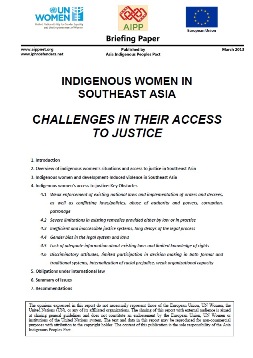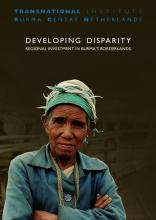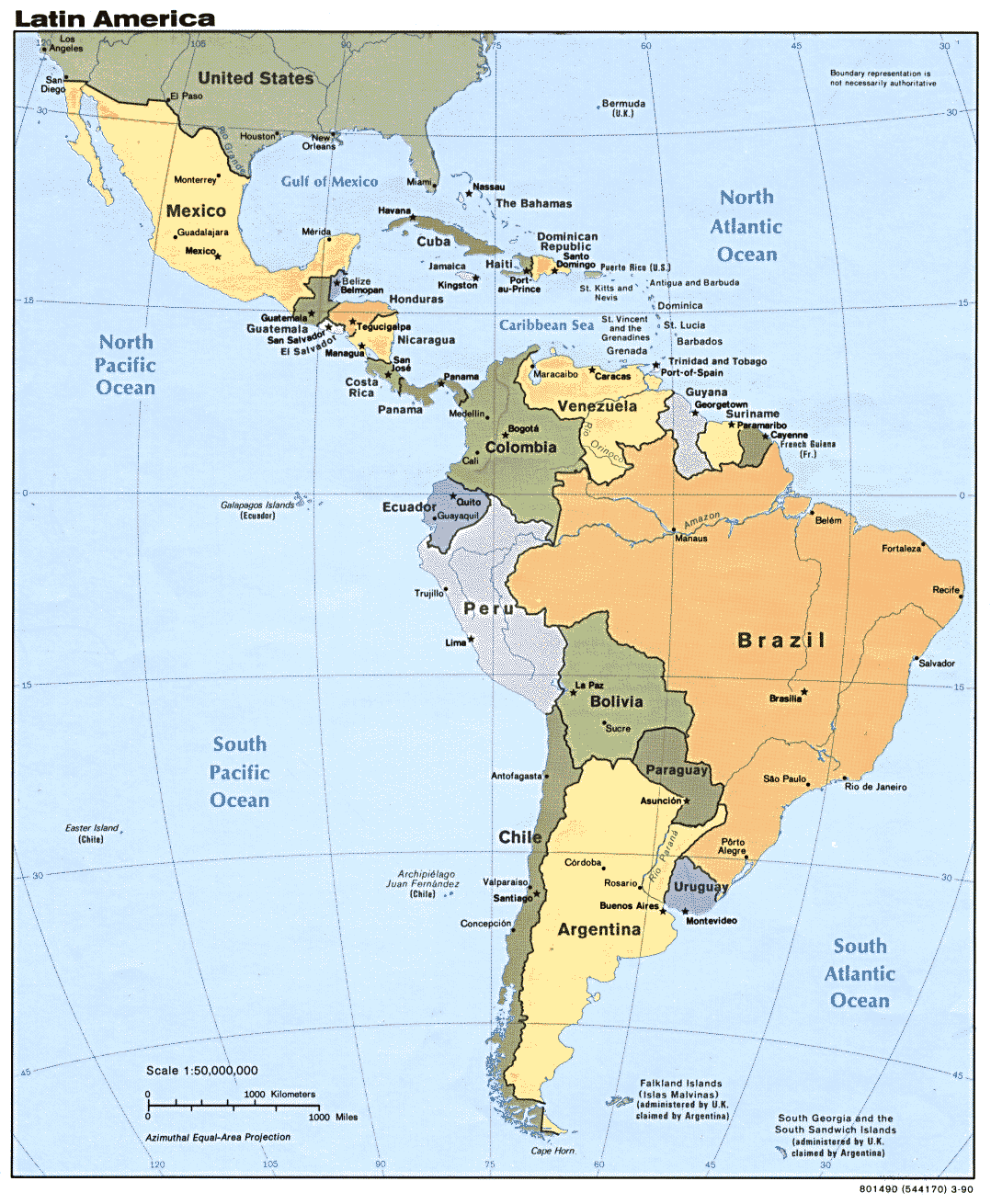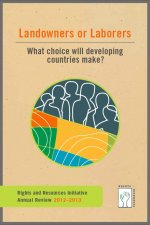Indigenous Women in Asia - Challenges in their access to justice
I invite you to read this briefing paper prepared - by Asia Indigenous Peoples Pact (AIPP) - on challanges faced by indigenous women in Southeast Asia in accessing justice. The briefing includes stories on the impact on indigenous women of various projects, including dams, mines, plantations and national parks. Countries covered are Cambodia, Laos, Malaysia, Thailand, and the Philippines. As affirmed by AIPP:







